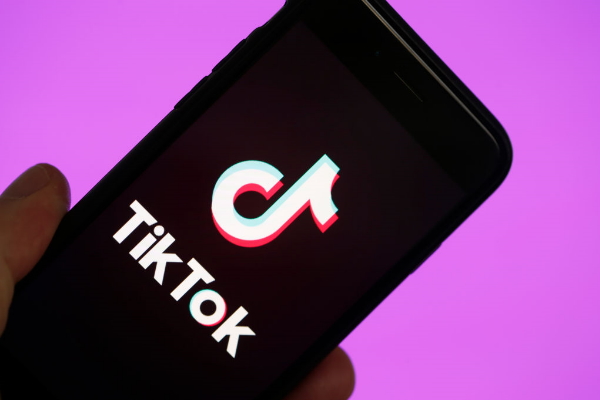
Latest TikTok Cyber Data Breach caused “2 billion data records” stolen
TikTok recently was involved in a data breach that had the company source code and user data stolen. The hacking group “AgainstTheWest” created a forum on Friday claiming to have breached TikTok and WeChat. The group shared screenshots of both companies’ databases, which were accessed using an Alibaba cloud instance that stores all user information. The hacker has gained access to the server that records a 790GB database that contains 2.05 billion user records.
In response to the news, TikTok denies the claims that its database was hacked. The company states that the leaked data are not part of its platform, and it is impossible to gain access to the information by directly scraping it from its platform. The data is said to have security safeguards to prevent any automated scripts that collect user information.
Security researchers investigated the database and were curious about the data recorded. WeChat and TikTok are Chinese firms not part of a parent company. The fact that researchers found user records of both platforms in one database made them curious about the authenticity of the data. Researchers have hypothesized that the database was probably from a third-party data scrapper that has compiled data from both companies in one database. It has also been noticed that not all data in the record are valid.
While some data in the database are valid, researchers could not prove the origin of the leaked data, thus assuming that the hack could be an internal breach.
With this analysis, security researchers propose TikTok, and WeChat users take necessary actions to mitigate the effect of the data leak. Necessary precautions like changing passwords and enabling 2-factor authentication are requested for the platform users to act.
There are many methods of security implementations that help shield the web application and mitigate security risks. These can affect the healthcare system's confidentiality, integrity, and availability.
About the Author
Ruben George
